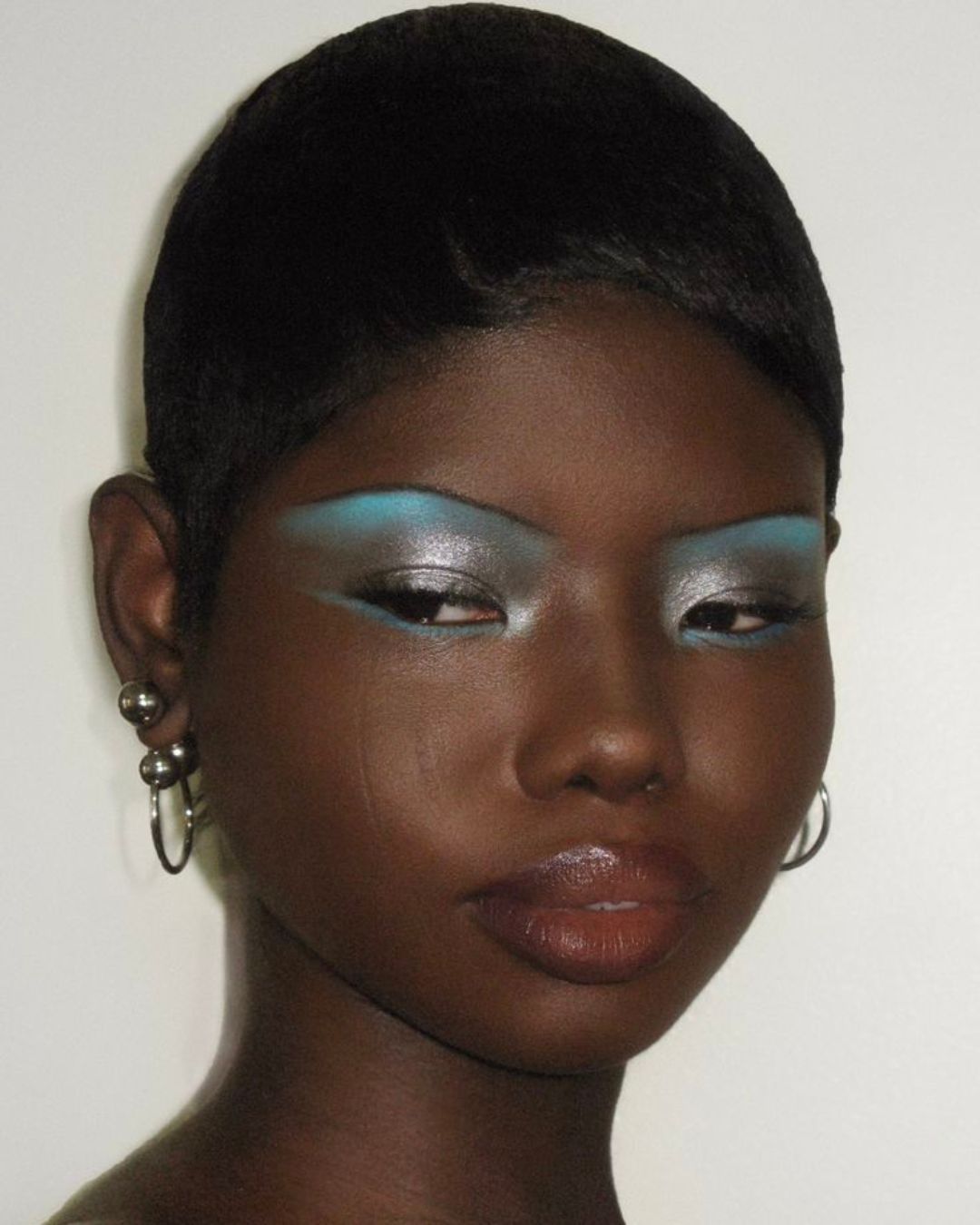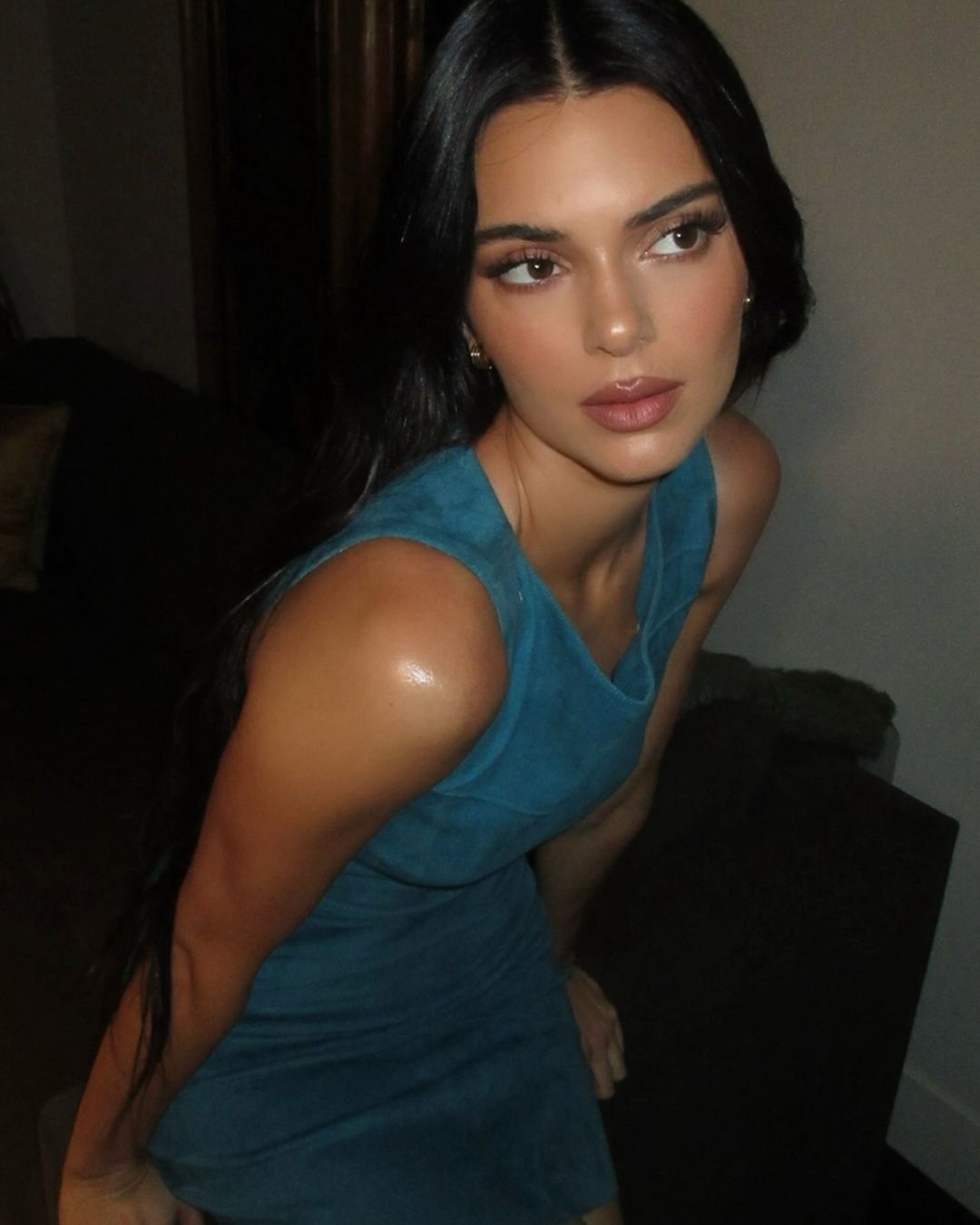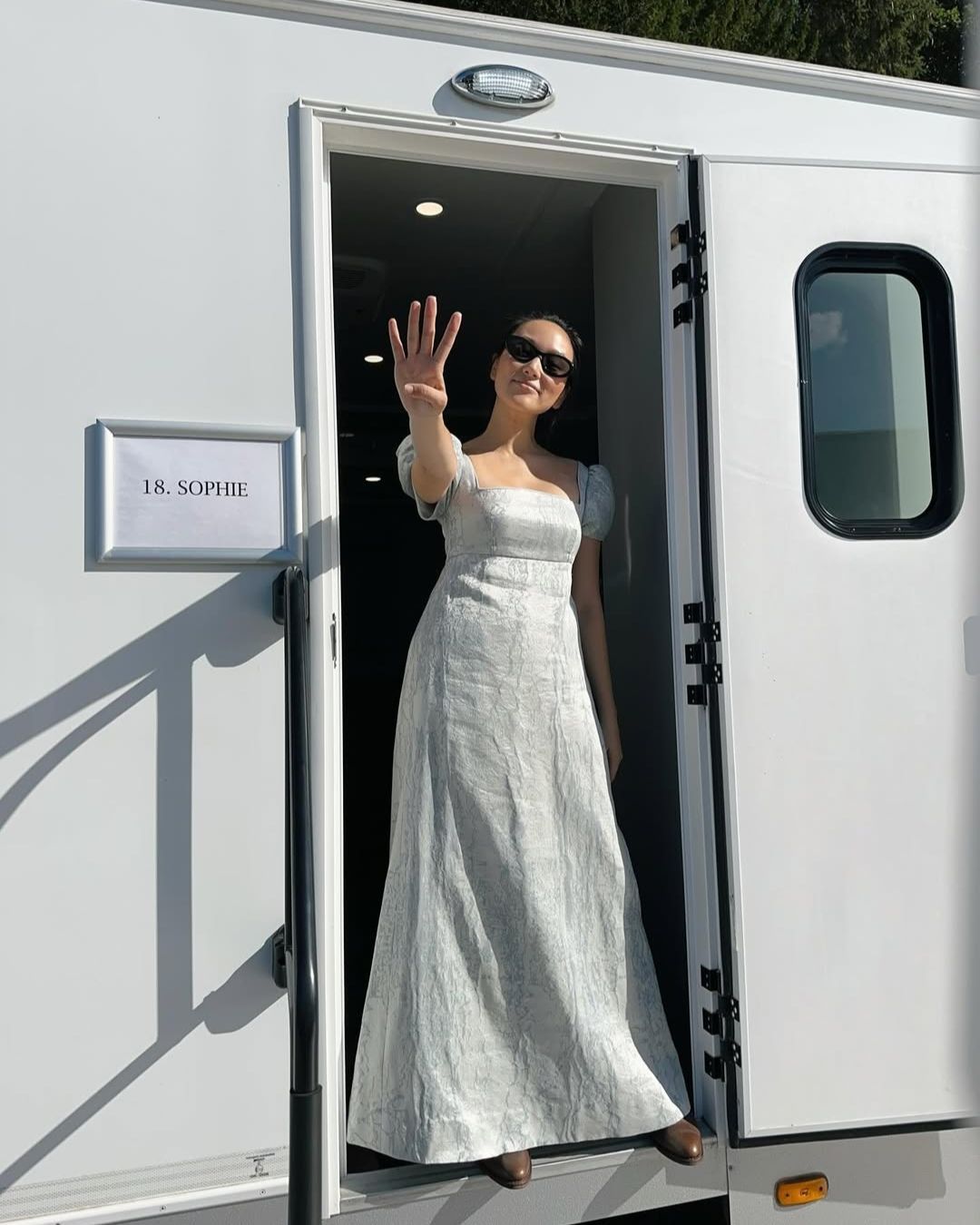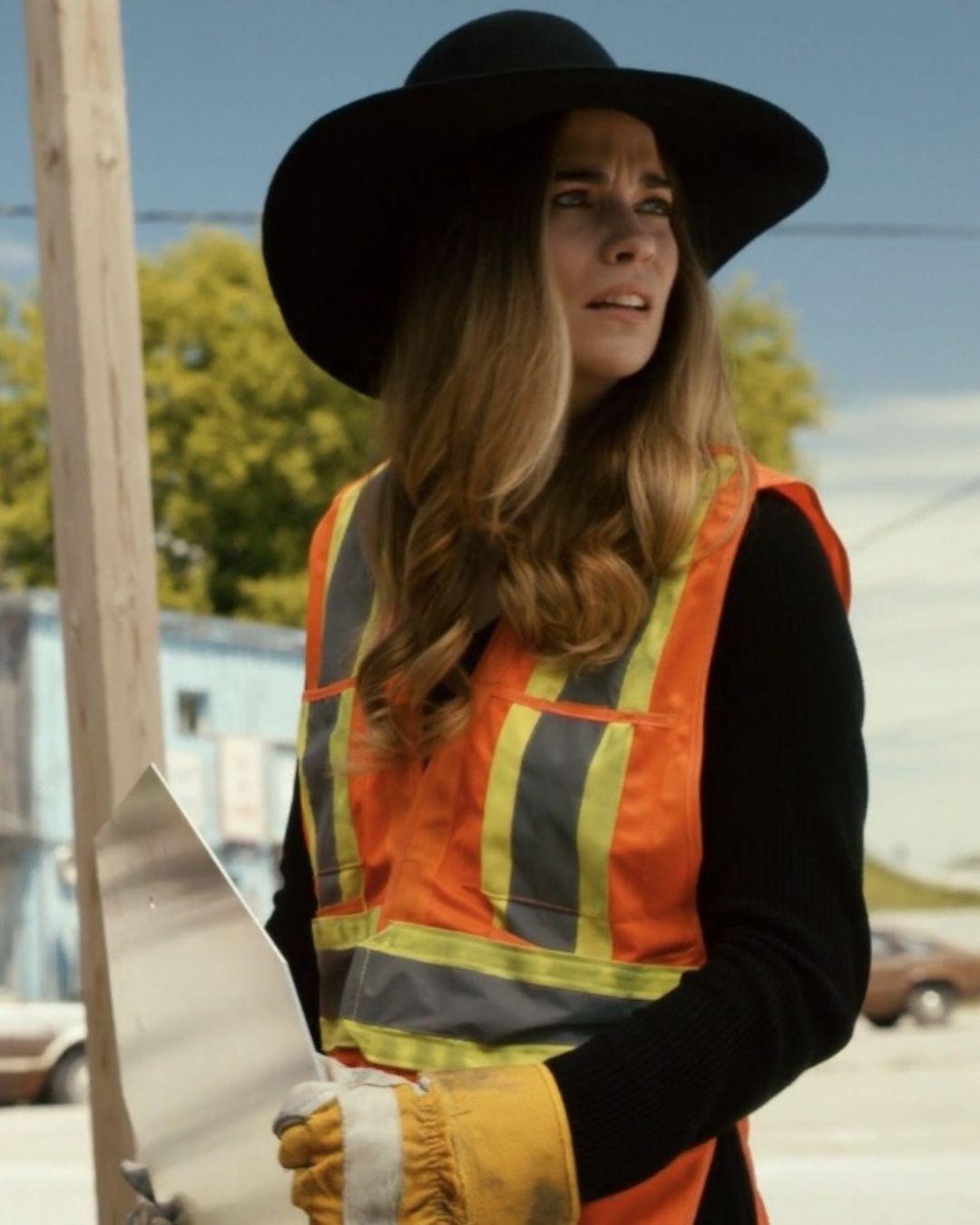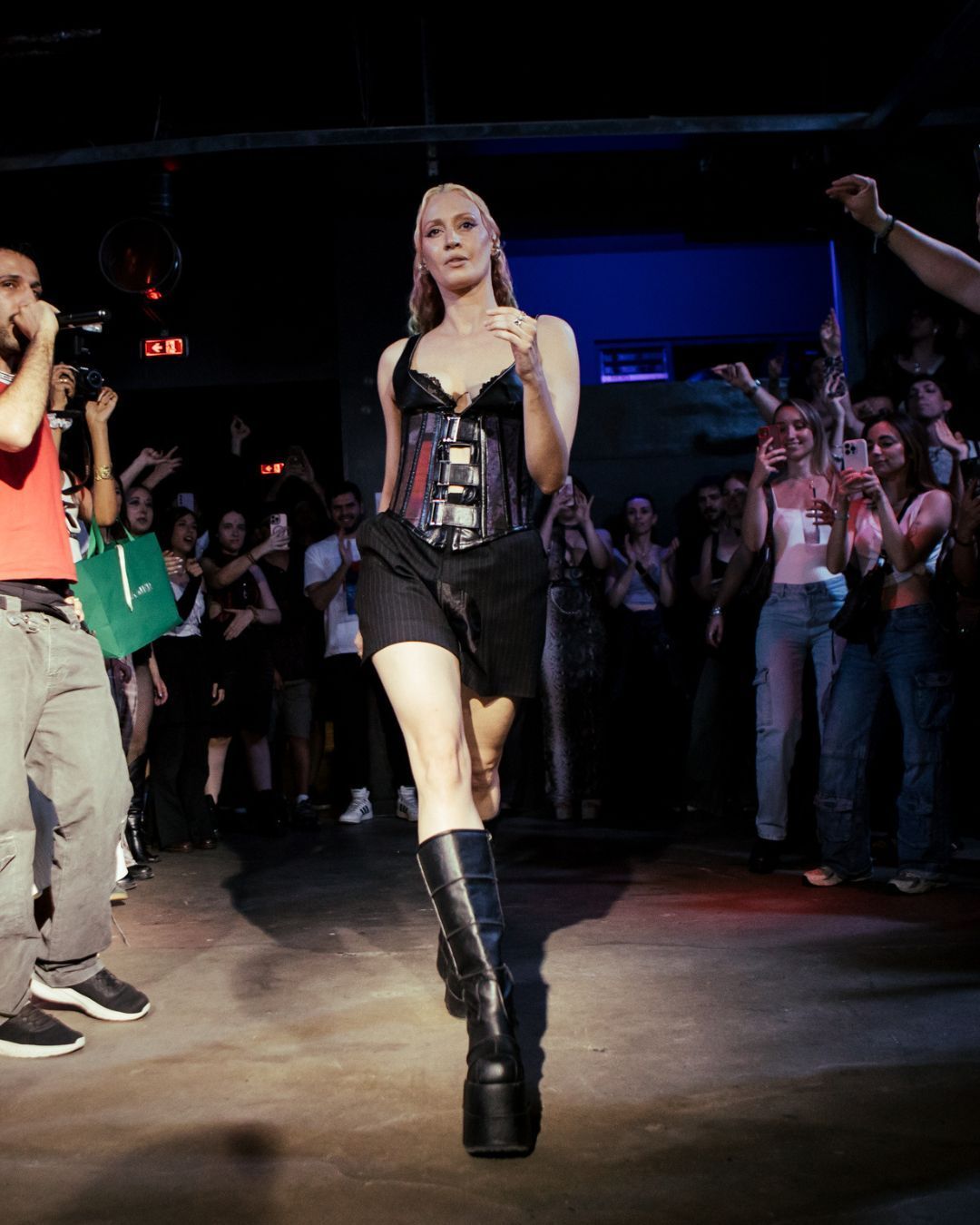
Books to read in July We've rounded up the most interesting recent releases
This month features: an alien journey to Earth, a spirit watching over a woman until she vanishes, an isolated female commune, and a collection of stories by one of the most important female writers of the 20th century.
New books to read in July 2025
Marie-Helene Bertino – Beautyland
In a previous article, we discussed Orbital, the novel by Samantha Harvey that won the 2024 Booker Prize: there, the perspective came from above – six astronauts aboard the International Space Station. In Bertino’s novel, published by Bollati Boringhieri, that narrative device is flipped: what if an alien were sent to Earth to observe human life? Via fax, Adina, the novel’s protagonist, reports back to her superiors about human behavior: crying, eating popcorn at the cinema, having a gender. The book's title references a cosmetics store where Adina’s mother works, highlighting our social constructs. Marie-Helene Bertino offers us an alien gaze that tenderly and sharply captures the strangeness and complexity of the human experience.
Amy Twigg – Adored Creatures
Adored Creatures has been compared to a meeting between Emma Cline’s The Girls and William Golding’s Lord of the Flies. The debut novel by British author Amy Twigg explores the life of Iris within an isolated female commune called Breach House. The narrative pretext allowing the protagonist to join the commune is heartbreak: the end of her relationship with her partner Nathan and her return to her widowed mother’s home. At Breach House, Iris sees an opportunity: a place created by and for women seeking change. Joining the commune requires a loss of self, a dissolution that eventually leads to acts of violence. Published by Neri Pozza, the novel explores how what is called “female rage” is not innate, but the product of cultural construction. The women of Breach House are viewed with suspicion by the surrounding community, who would rather think of them as “something animal… They wanted to believe we were born this way, not made.”
Fausta Cialente – Interior with Figures
I first heard of Fausta Cialente in 2020, in one of the most brilliant university courses I ever took. The module was called Prose and Narrative Genres of the 20th Century, and had a title I still remember: Women Writing the 20th Century. It was a journey of education and female self-affirmation through authors who, just five years ago, were little known – some of them are now experiencing a literary revival, such as through the recent translations of Alba de Céspedes. Among the readings was The Four Wieselberger Girls (1976) by Fausta Cialente. I bought it on eBay, an old green-covered edition. The novel is a memoir of upper-class life in Trieste through the Wieselberger family: the four girls are the author's mother and aunts (fun fact: they also appear as extras in Zeno’s Conscience). The publishing house Nottetempo has long been committed to republishing her works, and Interior with Figures is the latest release. A collection of stories written between 1937 and 1962, covering her central themes: displacement and belonging, childhood, and bourgeois hypocrisy.
Susan Taubes – Lament for Julia and Other Stories
Susan Taubes could be placed among the writers I mentioned earlier. Born in Budapest to a Jewish family, she emigrated to the U.S., where she studied philosophy and religion, befriended Susan Sontag, and died by suicide at age 41 shortly after the release of her debut novel, Divorcing, drowning in the Atlantic Ocean. Fiercely criticized in her lifetime, only since 2020 has there been a rediscovery of her work in the U.S.: the New Yorker dubbed her an icon of “doomed femininity”, and The Atlantic ran a feature titled: The Greatest Feminist Novelist You May Never Have Heard Of. Fazi Editore has recently published Lament for Julia and Other Stories, a novella and several short stories. The novella’s protagonist, Julia, vanishes, and she is narrated by a disembodied voice: a spirit assigned to watch over her, an entity that has inhabited her since birth. “When Julia was born, I was there, floating in the opalescent jelly of her eye.”




















